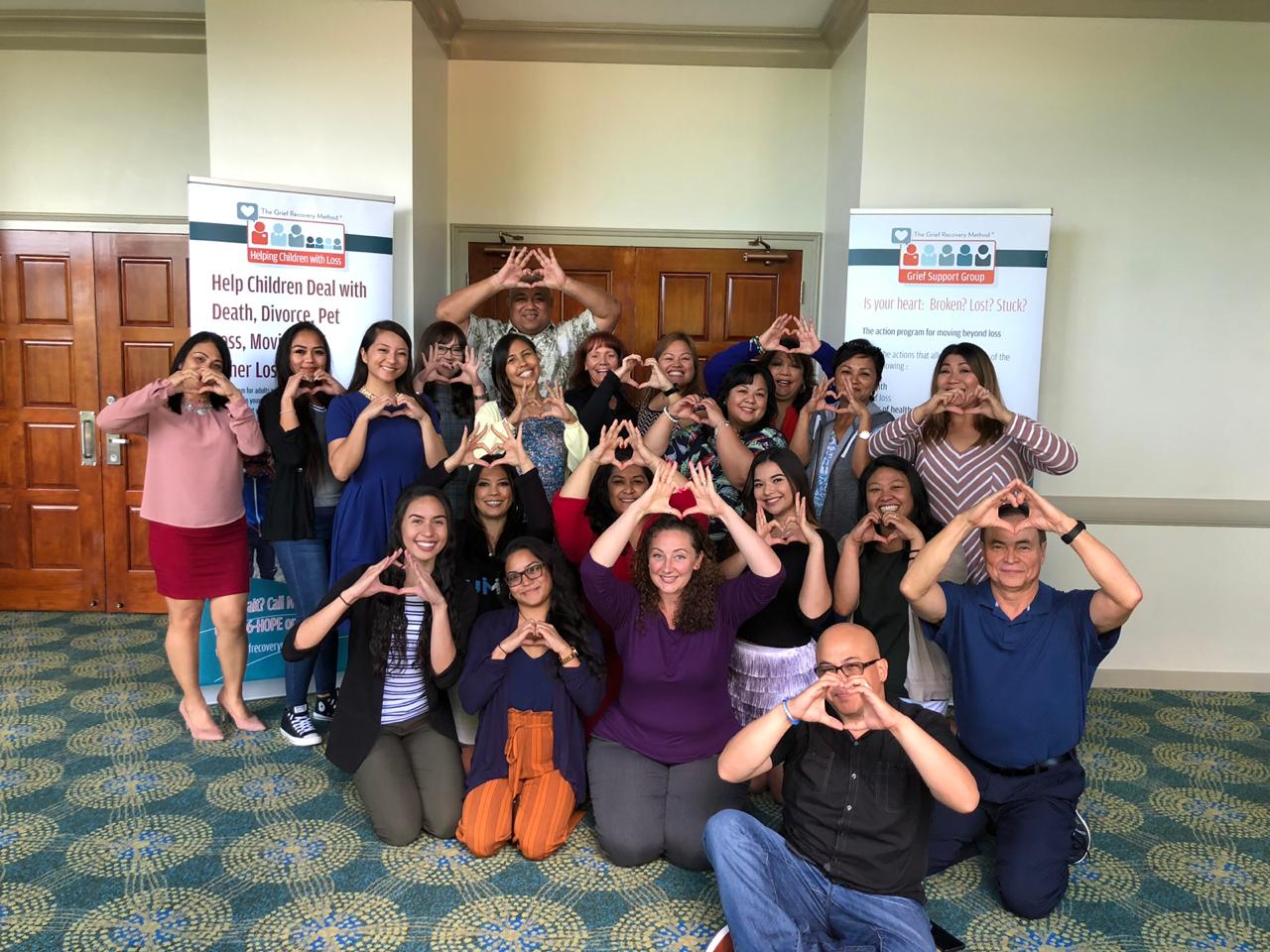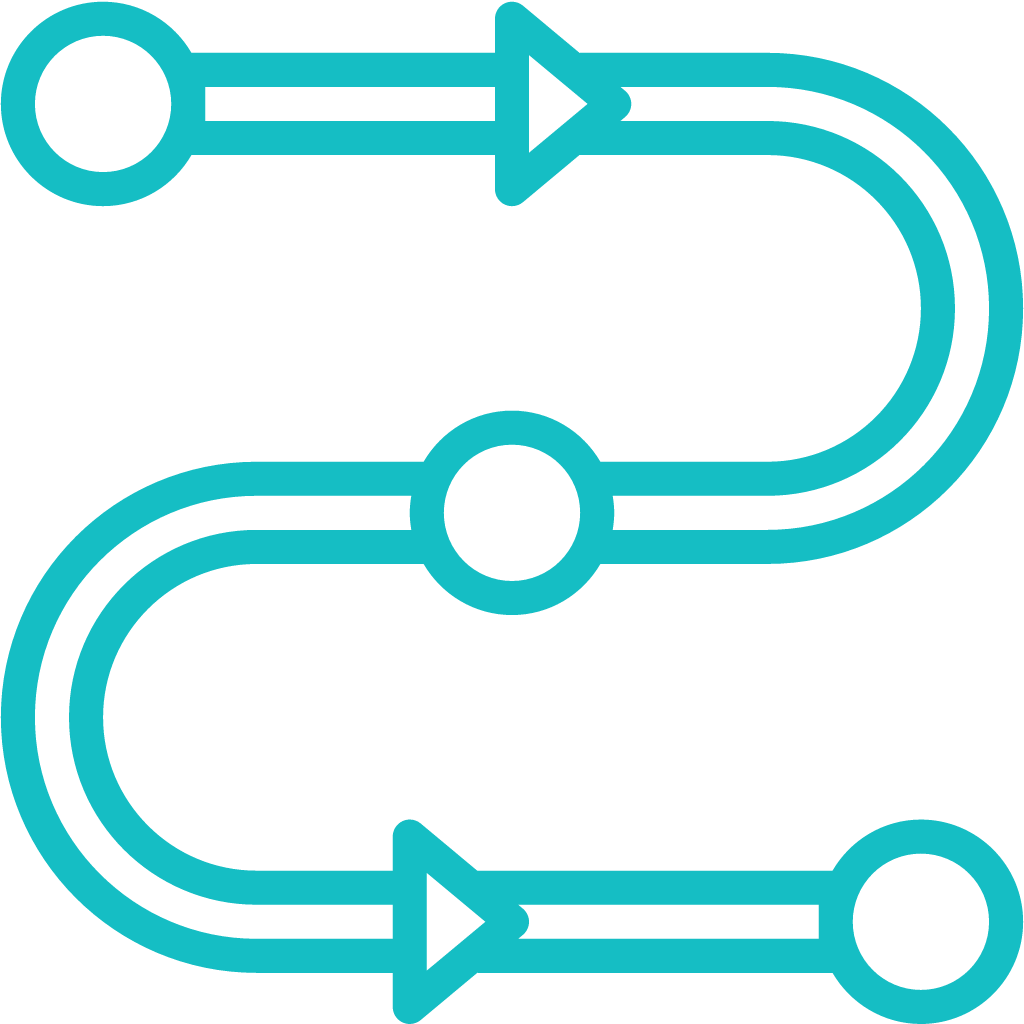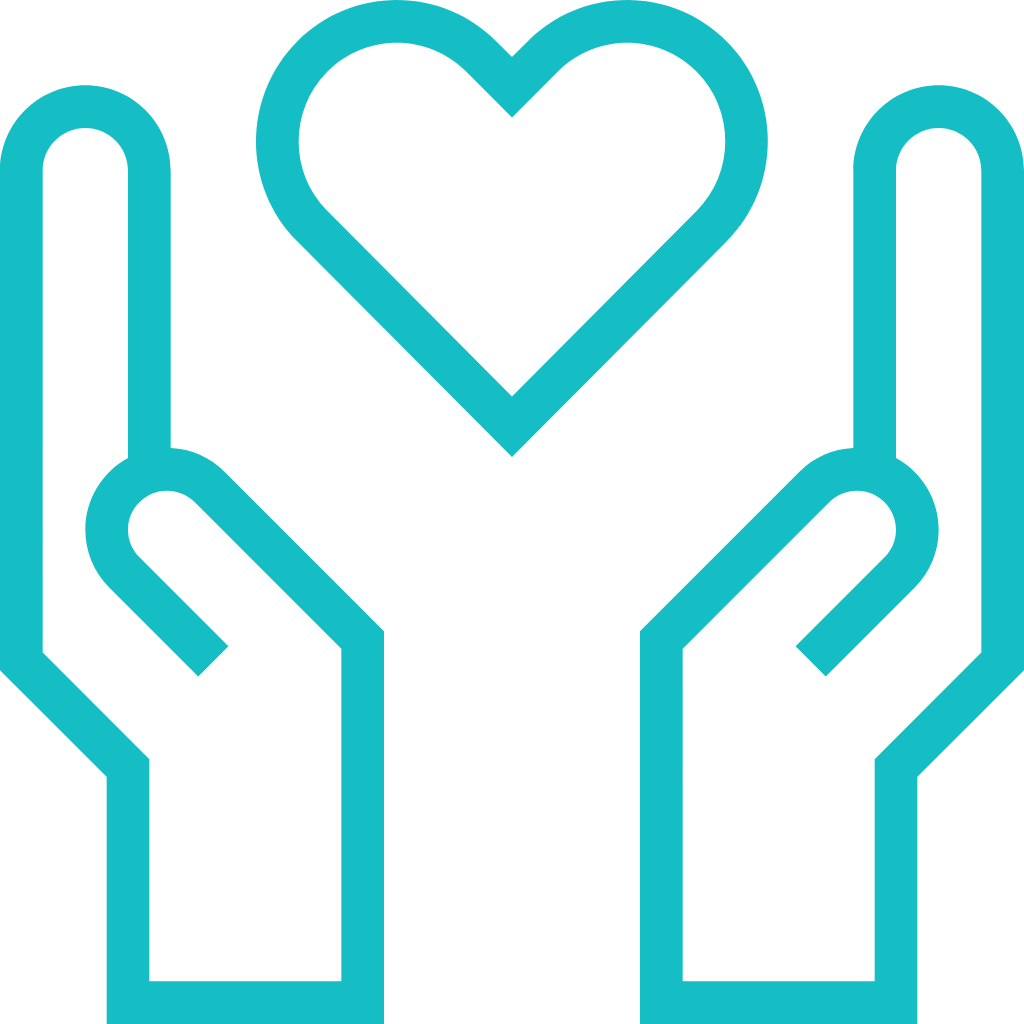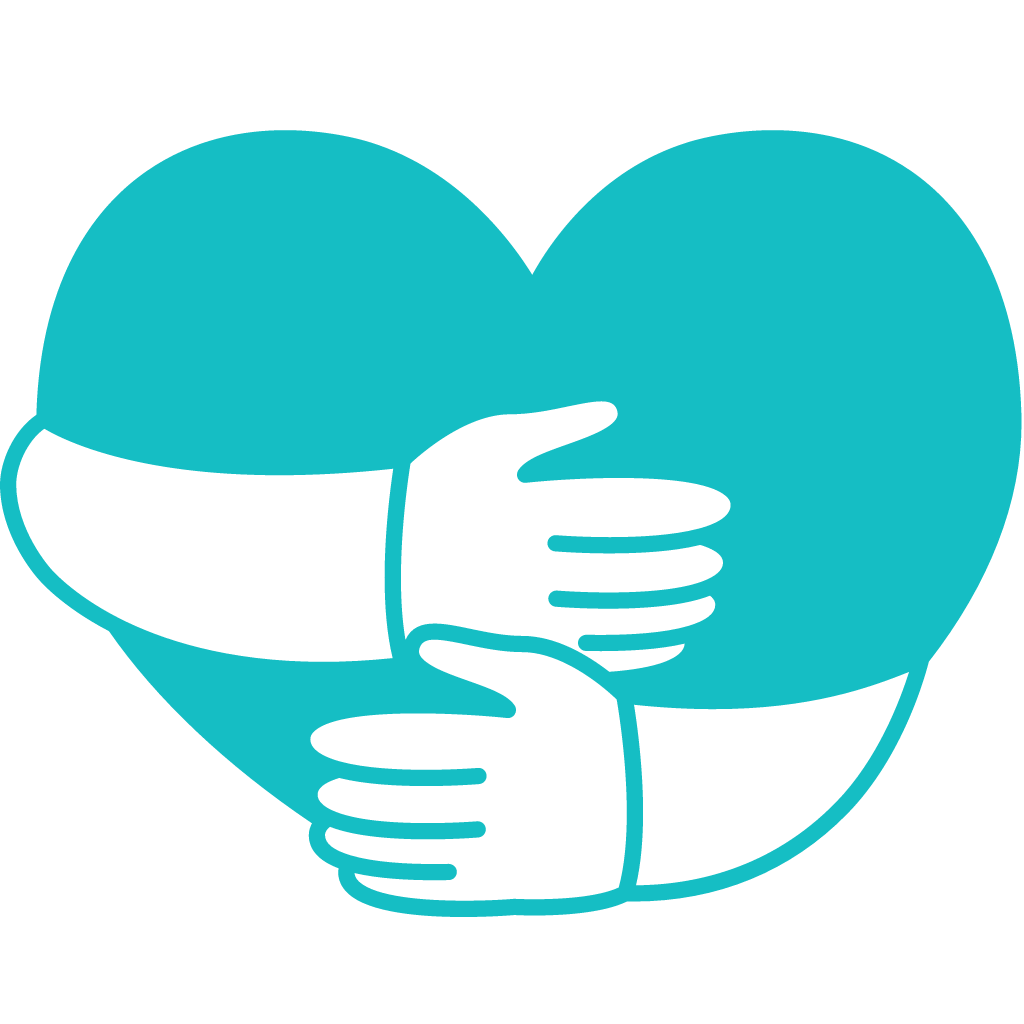Learn to Move Beyond the Pain of Loss
An action-based, powerful, directed approach to healing from life’s deepest heartbreaks.

Corporate
Workshops
We provide grief and loss training, keynotes, and workshops for organisations around Australasia.

Become Certified to Help Others
Grief Recovery Method teaches individuals and therapists to support clients as they overcome grief.

Get Help to Move Past the Pain of Grief
Learn the only evidence-based approach to move beyond death, divorce and other losses in your life.
You Don’t Have To Bear
The Pain Of Loss Forever
Grief is the normal and natural reaction to loss — whether that loss was caused by a death, the end of a relationship, loss of employment, or one of the significant life events that invoke this strong and overwhelming emotion.
The Grief Recovery Method is an action plan; a series of small steps that lead to the completion of the unresolved communication that is linked to the loss.
If you are struggling to move beyond the pain of grief or want to provide clients with a strategy to overcome a significant loss, you will find the solutions through our services. Book a call to find out more.

OUR STORY
Grief Recovery Institute of Australasia is an extension of a global program.
Our evidence-based, sequential method was developed to help people overcome grief.
As a result of our training, people describe having a “weight lifted from their shoulders” and a renewed ability to enjoy their life.

OUR SERVICES
The Grief Recovery Method works with therapists, individuals and organisations.

Training & Certification
Learn a step-by-step framework to help your clients overcome grief and loss.

Grief Recovery Program
Work through an action and evidence-based program to move on from grief.

Helping Children with Loss
Equip your team to help their clients transition beyond feelings of despair.

Resources
Access helpful publications written for children, adults and therapists.
Download Guide for Loss
ENTER YOUR NAME & EMAIL ADDRESS TO DOWNLOAD


TESTIMONIALS
Hear from Australasianss who have participated in the Grief Recovery Method training.
Loss of a Child
Grieving the Loss of a Child
Grieving the Loss of Family
Grief from Childhood

Why Choose Grief Recovery Method?
A unique program that is more than counselling

46-Year History
Grief Recovery Method has been shared for almost 50 years.

Evidence-Based
You won’t find any other evidence-based grief recovery method training.

Step-by-Step Program
Go beyond understanding and take action to move beyond the pain of loss.

Improve Your Therapeutic Services
Grief Recovery Method has been shared for almost 50 years.

Caring, Authentic
Team
You won’t find any other evidence-based grief recovery method training.

Learn to Live
Go beyond understanding and take action to move beyond the pain of loss.

From Our Blog
You don’t have to feel alone.

Moving Can Generate Feelings of Grief
The reasons that people move are many and varied. Sometimes it is inspired by a new job or a wish to be closer to family members. It might be about moving to a better house, neighborhood, or school district. It can be a move related to going to college or graduate school. It might also be caused by the loss of a job, relationship, or financial challenges. These are only a very few of the many reasons that people move across town, across the country, or to another part of the world.
There can be multiple feelings that come to mind when people think about moving:
Excitement
Anticipation
Concerns of all the work involved
Worries about financial matters
The sadness of leaving people and familiar things behind
Fear of the unknown that comes with any relocation
I remember experiencing all of these feelings when I moved across country to attend graduate school many years ago, and again when I moved for more schooling, and later for a new job. Unless you are one of those very rare people that has lived in the same house your entire life, you may remember having similar, or even additional feelings, around the moves that you have experienced in your lifetime.
If it’s a family move, different family members may have an entirely different set of feelings. When we talk to our children about a move, we try to give them a long list of reasons why they should be excited and often discount their fears and concerns with a list of reasons why they should be excited about the experience.
What most people never think about is that moving can generate feelings of grief. Grief is the result of any change in familiar behavior patterns. Whenever you move, it involves change! It’s not only a change in actual home, but change in the way you go to either familiar or new places, simply because it’s a new route you have to travel. It involves changes in neighbors and relationships. The list of changes can be overwhelming, whether you are an adult or a child. I remember well my mother saying, after they moved near us, that she thought she could find the grocery store, but was not sure she could find her way home, since everything was unfamiliar.
WE HAVE ALL LEARNED TO STUFF OUR FEELINGS!
We all have a tendency to stuff and down play the impact of feelings related to change in our lives. We are very practiced at this. From the time that we are born, those that we look to for support and guidance have told us to not feel bad about things for very logical reasons. It might have been concerning a balloon that floated away or a toy that was lost that inspired some to tell us, “don’t feel bad, we will get you a new one!” That may have not made you feel better in that first moment, but you learned to adapt to that change and then later enjoy that new toy or gift. Rarely did anyone ever encourage you to express your feelings related to a change without giving you those logical reasons why it should not bother you. As we grow older and deal with more changes in our lives, this behavior pattern becomes implanted and continues. The problem is that often those feelings will linger inside if you fail to have an opportunity to fully express them and take action to move beyond their power. Ultimately, all of us tend to have a stockpile of stuffed feelings that we know, on a logical level, should not bother us, but they tend to surface at the oddest times when new situations trigger old memories. What no one ever told us was that feelings and emotions are anything but logical, which means that logical reasoning rarely makes us truly feel better!
Each time you move, the feelings related to past moves tend to surface. If there were problems with past moves, all of those conflicting feelings related to those past problems can leave you even move sensitive and worried with regard to this new relocation. Rather than simply stuffing all of those feelings related to the changes that come with moving, you would be better served to actually deal with them. Ideally, you can take action on this before you leave your old home as well as when you move to your new location.
HOW DO YOU HELP YOUR CHILDREN TO BETTER DEAL WITH A MOVE

Taking this action is very helpful for adults, but it extremely important if children are involved. Instead of simply giving them reasons why they should be excited about the changes that will come with the move, you can effectively help them deal with any fears or sadness they might be experiencing, whether or not they are expressing them. The tools to help parents with this action are spelled out in detail in “When Children Grieve,” by John W. James and Russell Friedman. It will help them say “goodbye” to what they are leaving behind, so that they can truly anticipate the excitement of the new things to come! Taking this action can help them avoid those situations of “acting out” or anger management issues that parents often experience with children dealing with a move. Even if this was not done prior to the move, parents can still use this book to help them after the fact.
HOW TO TAKE ACTION AS AN ADULT
Adults can take this action as well! The tools for dealing with the grief that comes with any change in familiar behavior patterns are covered in “The Grief Recovery Handbook,” by the same authors. These tools will help you deal with not only leaving behind the things that were familiar in the place from which you are moving, but with all of those relationships with friends and neighbors that are changing as well. The techniques that are covered in this book will ultimately help you deal with all of the changes you have faced in past relationships that sometimes pop to mind as well.
A move can be both exciting and a bit scary! The Grief Recovery Method is something that can really help you through this process. When I moved to Oklahoma to start a new business, and consequently a new life, it made a tremendous difference for me. It gave me the best tools to say goodbye to everything I was leaving behind so that I could fully invest in what was to come!
Are you grieving and interested in knowing more?


Ready For Change?
Start your journey today.

Step 1
Book A Free Call
Contact us to find out how we can help you as an individual or a therapist.

Step 2
Schedule Your Training
Learn how to overcome grief and begin to heal yourself or others.

Step 3
Move Forward
Finally feel like you know what to do when it comes to dealing with loss.
Lift the Weight of Grief
Nobody should have to live with the permanent pain of grief and loss.
Learn the Grief Recovery Method today.
